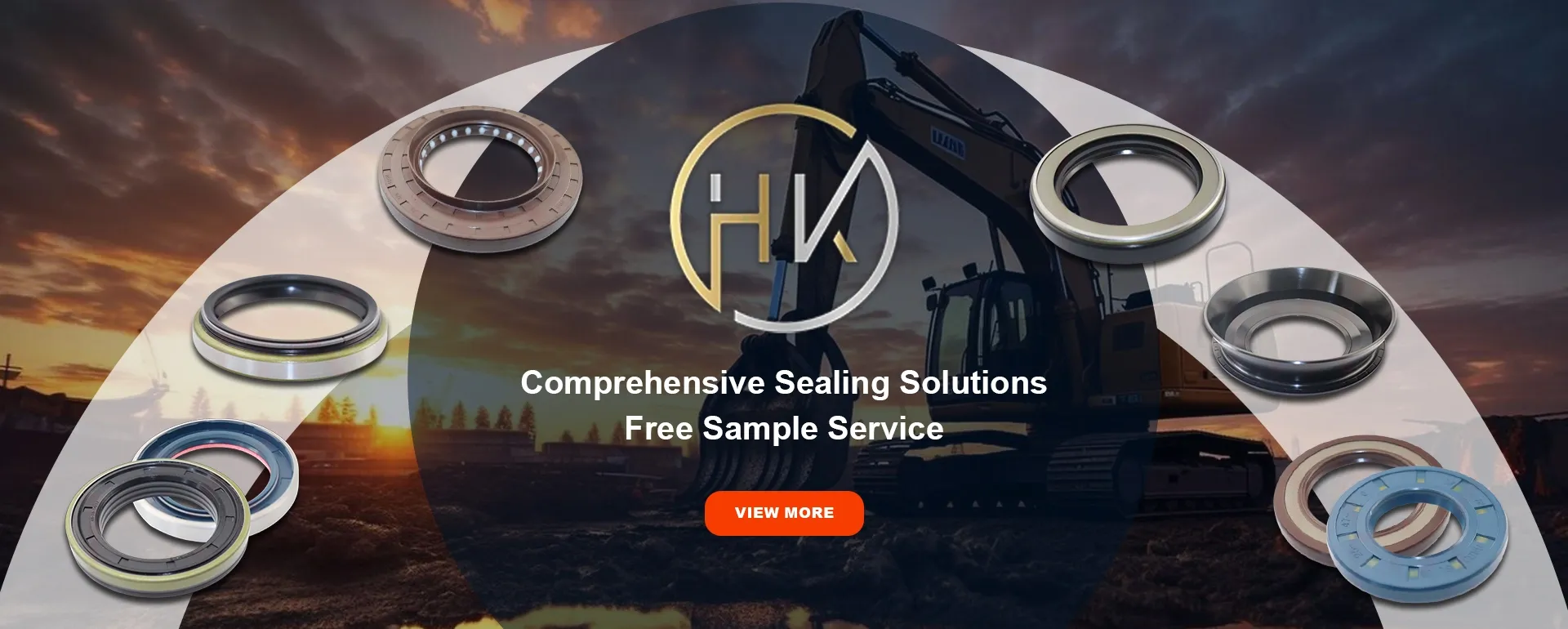កញ្ញា . 23, 2024 11:16 Back to list
Understanding the Importance of Shaft Oil Seals in Mechanical Applications
Understanding Shaft Oil Seals An Essential Component for Machinery Efficiency
In the world of mechanical engineering, the efficiency and longevity of machinery are paramount. One of the often-overlooked components that play a crucial role in achieving these goals is the shaft oil seal. This article explores the importance, functions, types, and maintenance of shaft oil seals in various applications.
What is a Shaft Oil Seal?
A shaft oil seal, also known as a shaft seal or rotary shaft seal, is a mechanical component designed to prevent the leakage of lubricants, oils, or other fluids from machinery. It is typically installed around the rotating shaft and forms a barrier between the moving parts and the external environment. By minimizing fluid loss and protecting the internal components from contamination, sealing systems facilitate smoother operations and extend the lifespan of equipment.
Importance of Shaft Oil Seals
1. Preventing Fluid Leakage One of the primary functions of a shaft oil seal is to prevent leakage of lubricants used in machinery. Maintaining the right oil levels is crucial for optimal performance, and even minor leaks can lead to decreased efficiency and potential damage.
2. Protecting Against Contaminants Oil seals play a vital role in keeping out dirt, dust, water, and other contaminants that can compromise the integrity of machine components. Contamination can lead to increased wear and tear, which may result in costly repairs or replacements.
3. Enhancing Equipment Longevity By ensuring proper lubrication and protection against contaminants, shaft oil seals contribute significantly to the overall durability and reliability of machinery. This prolongs the lifespan of critical mechanical components, thereby reducing downtime and maintenance costs.
Types of Shaft Oil Seals
Shaft oil seals come in various designs and materials, each suited for specific applications. The most common types of shaft oil seals include
1. Rubber Seals These are the most widely used seals, thanks to their flexibility, resilience, and resistance to various environmental conditions. They are ideal for applications where moderate temperature and pressure are present.
shaft oil seal

2. Mechanical Seals Used primarily in pumps and mixers, mechanical seals prevent fluid leaks in high-pressure scenarios. Unlike traditional oil seals, they provide a tighter seal, effectively preventing any leakage.
3. PTFE Seals Polytetrafluoroethylene (PTFE) seals are known for their chemical resistance and ability to withstand extreme temperatures. Their low friction characteristics make them suitable for high-speed applications.
4. Metal-Cased Seals Often used in heavy-duty machinery, metal-cased seals offer additional strength and durability. They are designed to handle extreme conditions and provide robust sealing capabilities.
Maintenance of Shaft Oil Seals
Proper maintenance of shaft oil seals is crucial to ensure their effectiveness and longevity. Here are some best practices
1. Regular Inspections Periodically inspect seals for signs of wear, damage, or leakage. Early detection of issues can prevent more significant problems down the line.
2. Proper Installation Ensuring that seals are installed correctly can prevent premature failure. Follow manufacturer guidelines regarding installation procedures and tolerances to ensure a proper fit.
3. Environment Monitoring Keep an eye on the operating environment, as extreme temperatures, pressures, and exposure to harmful substances can compromise seal integrity. Take appropriate measures to mitigate these factors.
4. Selecting the Right Seal Always choose the right seal for the specific application. Consider factors such as the type of lubricant, operating temperature, and pressure conditions.
Conclusion
Shaft oil seals are a critical component in the machinery that often remains unnoticed until problems arise. Understanding their importance and taking appropriate steps for maintenance can significantly enhance the efficiency and durability of mechanical systems. Whether in automotive applications, industrial machinery, or household devices, shaft oil seals are essential for preventing fluid loss and protecting valuable components from wear and contamination. Investing in quality seals and proper maintenance practices is fundamental for any organization looking to maximize machinery performance and longevity.
-
TCN Oil Seal Metal Ring Reinforcement for Heavy Machinery
NewsJul.25,2025
-
Rotary Lip Seal Spring-Loaded Design for High-Speed Applications
NewsJul.25,2025
-
Hydraulic Cylinder Seals Polyurethane Material for High-Impact Jobs
NewsJul.25,2025
-
High Pressure Oil Seal Polyurethane Coating Wear Resistance
NewsJul.25,2025
-
Dust Proof Seal Double Lip Design for Construction Equipment
NewsJul.25,2025
-
Hub Seal Polyurethane Wear Resistance in Agricultural Vehicles
NewsJul.25,2025
-
The Trans-formative Journey of Wheel Hub Oil Seals
NewsJun.06,2025
Products categories
















